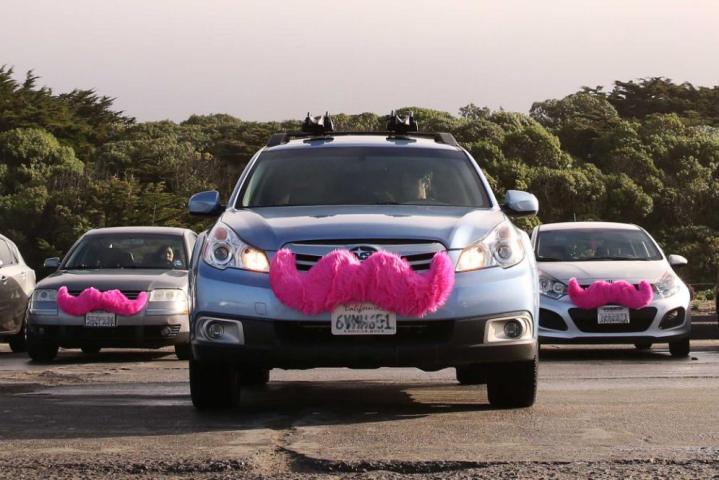
The increasingly bitter war of words between Lyft and Uber is a mark of just how intense the competition has become between the two rivals as they seek to gain the upper hand with their respective services.
Uber on Tuesday rejected Lyft’s claim that its employees had ordered and canceled more than 5,560 Lyft rides over a 10-month period, instead accusing its rival of pulling the same move with 12,900 Uber rides.
Such tactics not only waste drivers’ time and impact on the next (genuine) customer, but also reduce the number of available cars on the road.
An Uber statement described Lyft’s accusation as “baseless and simply untrue.”
The startup even suggested Lyft’s decision to go public with its accusation was in some way designed to encourage Uber to acquire its business.
“A number of Lyft investors have recently been pushing Uber to acquire Lyft,” Uber said. “One of their largest shareholders recently warned that Lyft would ‘go nuclear’ if we do not acquire them. We can only assume that the recent Lyft attacks are part of that strategy.”
Lyft was quick to respond, on Tuesday issuing the following statement:
“Once again Uber is deceiving the public, now with false allegations and an attempt to deflect from their illegal cancel campaign.
“Lyft has more than 100 investors, all of whom are extremely excited that Lyft is approaching IPO-level revenue. Our ‘nuclear’ strategy is continuing to take market share with 30 percent month-over-month growth, while building the strongest community of drivers and passengers.”
Starting out a couple of years ahead of Lyft, Uber has grown to offer its on-demand car service in more than 100 cities around the world. Lyft, meanwhile, currently operates in around 60 cities in the US only. However, while plenty of ride-sharing services exist, it’s Lyft that has emerged as the main rival to Uber.
The current spat comes just weeks after Lyft launched in New York City, a location where Uber has been operating since 2011.


